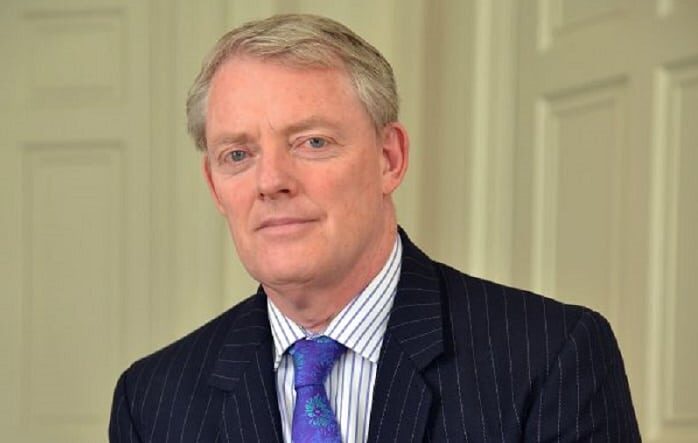The EP Global Opportunities investment trust is planning to ditch its third-party management arrangement with Franklin Templeton Investments subsidiary, Edinburgh Partners, and become self-managed with veteran investor Sandy Nairn continuing to manage the value-oriented portfolio.
Although the £101m investment trust will be self managed, 70% of the portfolio will be sub-advised by Franklin Templeton Investment Management. It is also seeking an expansion of its investment policy so it can hold other investment companies and funds.
Nairn (pictured) has been lead manager on the investment trust since 2003. It has been run by his firm Edinburgh Partners, which was acquired by his former employer, Franklin Templeton, in 2018. In 2019, Edinburgh Partners lost another value-orientated portfolio, the the £367.8m European Investment Trust, to Baillie Gifford, which transformed it into a growth-oriented portfolio.
Under the sub-advisory arrangement the EP Global Opportunities investment trust board is proposing, Nairn will remain employed by Franklin Templeton.
EP Global Opportunities bucking the trend away from self-managed investment trusts
QuotedData head of investment companies James Carthew said self-managed trusts are “vanishingly rare” and described EP Global Opportunities’ move as unusual. Just last week, the board of Scottish Investment Trust announced proposals to ditch its self-managed model and shift management to a third party via a merger with the JPMorgan Global Income & Growth trust.
The EP Global Opportunities board expected most shareholders would wish to maintain their investments in the company but a tender offer would be available for those who were unhappy with the arrangements. 1607 Capital Partners is the largest shareholder with a 14.8% stake, followed by Interactive Investor (12.7%) and Nairn himself (9.2%).
“EP Global is already on the small side and a decent sized tender will exacerbate that,” said Carthew. “While self-managed, EP Global will still be bound up with the same management company and individual manager that it had previously. However, as the fund shrinks, the capacity to cover markets effectively as a self-managed trust could become disproportionately expensive. It makes sense therefore to outsource the management of parts of the portfolio through investment in other funds.”
In a regulatory filing, the board said it was satisfied the investment trust would remain an attractive size with sufficient liquidity following the tender offer.
See also: ‘Sad day’ as board seeks end to historic £600m Scottish Investment Trust










